How Eton became the ultimate four-letter word – and not fit for a king?
As the Prince and Princess of Wales consider sending George to Marlborough, ex-Etonian Guy Walters considers the reputation of his (and William’s) old school and whether, for good or bad, it is really deserved

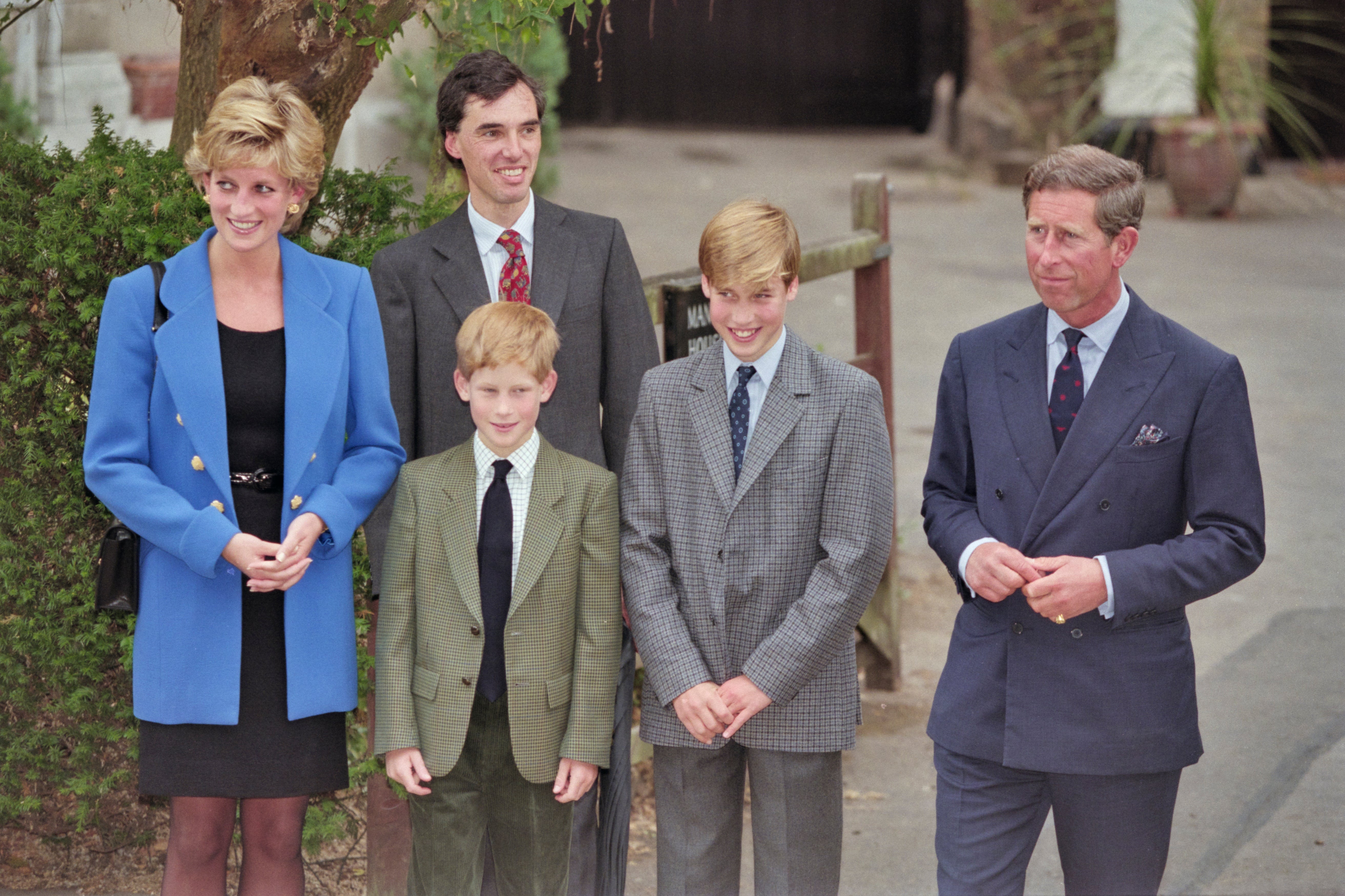
It is hard to think of a more powerful four-letter word in the English language than Eton. Just two vowels and two consonants capture a whole surging mass of class envy, hatred, privilege, elitism and toxicity. Search for Eton on social media and up will come numerous posts claiming that people who went to the school are all corrupt crooks, and how Etonians essentially rule not just Britain but most of the known universe. There’s no doubt that a lot of people loathe Eton and see it as a symbol for all the inequalities that plague British society.
In fact, the school is so hated that even the Nazis – no strangers to the concept of an evil, elite master race – were highly suspicious of the place. According to Airey Neave, an Old Etonian and the first Brit to escape from Colditz, the Nazis regarded Eton as “sinister, mysterious, and incalculable”, and that its former pupils were “soft but cunning”, and “should therefore be carefully watched and reports compiled about their activities”.
It, therefore, might come as little surprise that it looks likely – although unconfirmed – that the Prince and Princess of Wales look set not to send Prince George to his father’s old school, but rather to Marlborough, where his mother apparently thrived. Although there might be perfectly sensible scholastic, logistical and security reasons why William and Kate, the parents of two boys and a girl, might wish to send their children to the same co-ed school, it is still a shock to learn that the most famous school in the world would appear to be no longer fit for a king.
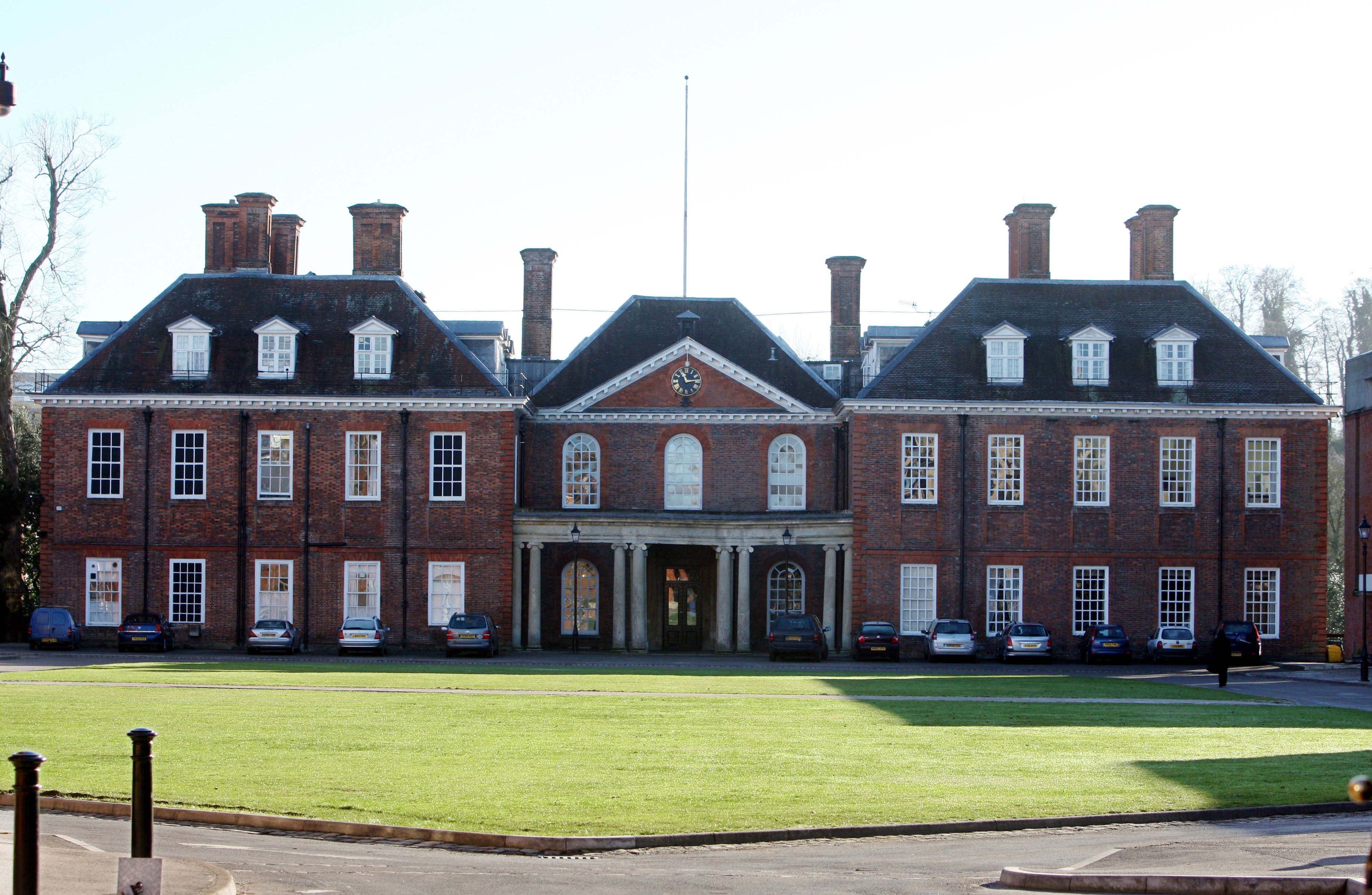
Why is this? Can the reason really be because Eton is just too toxic for a royal family that is doing its best to look more “with it”? Or is all the hatred levelled at the school absurdly unfair, and the product of the same snide chippiness that sees someone scratching their key down the side of a brand new Porsche?
First, a declaration of interest. I went to Eton in the late 1980s, and I was happy there. It was a good school – a very good school – and I made some excellent friends. I look back on my days at the school with fondness, and I’ve never been one of those Eton-bashing Old Etonians who professes deep loathing for the place. For the most part, my contemporaries were relatively normal teenage boys, with all the usual nonsense that entails.
Since leaving, I have found no evidence to support the notion that Old Etonians, contrary to public opinion, are a secretive cabal all working towards the same evil goal. They are neither the Freemasons nor the Mafia, but like any other alumni group, they are bound together, to varying extents, merely by having been at the same institution for a short period of time.
Of course, some Old Etonians take all the old-school stuff very seriously, while some turn their backs on it. Most are somewhere between, and attend the reunions held every decade, and will regularly see some old school friends just like anybody else. When I talk to friends who didn’t go to Eton – the poor benighted things! – about their school days, I really can’t, in the abstract, see much difference between their experiences and mine.
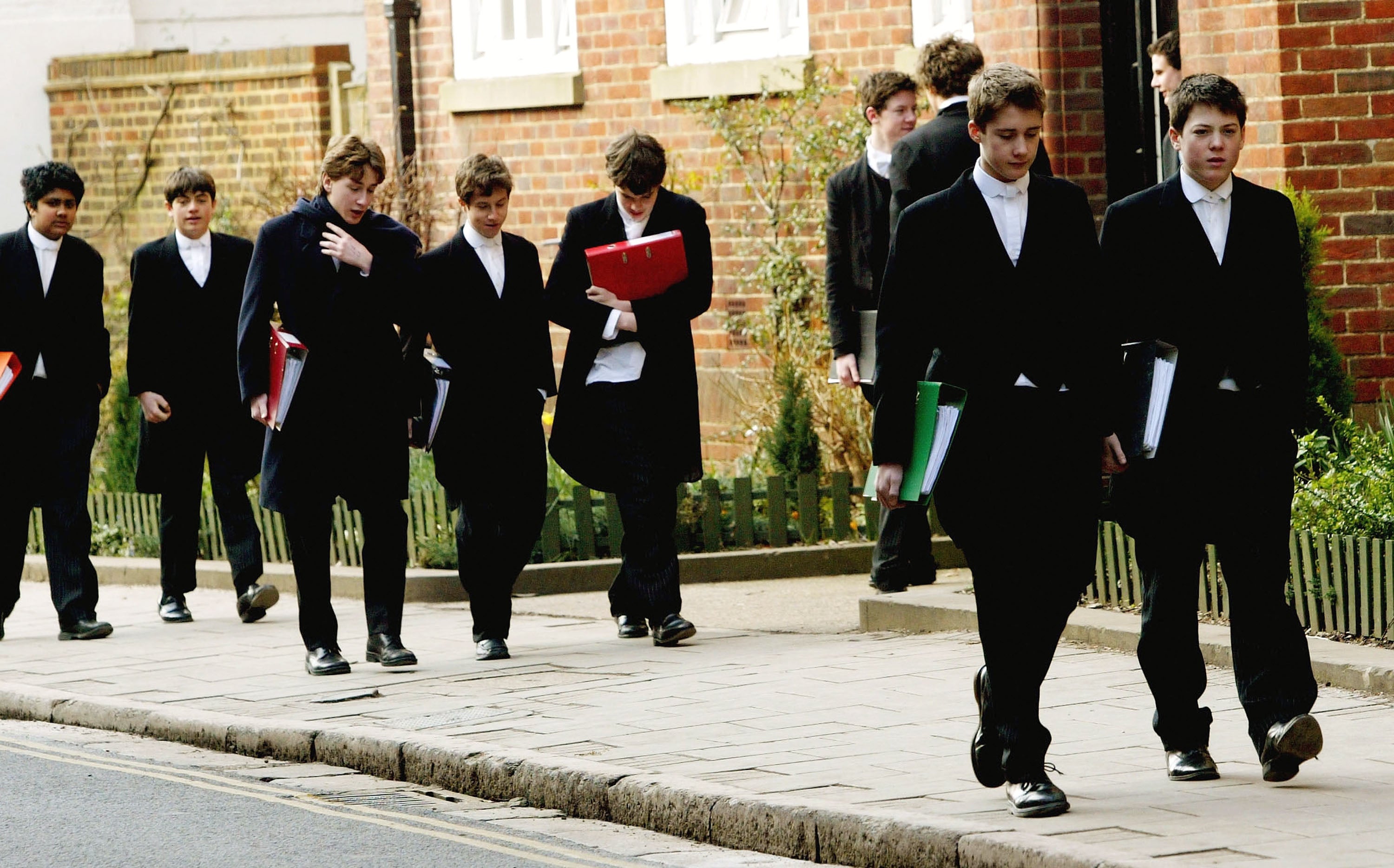
What was different about being an Etonian – rather than, say, a Marlburian – is that you were aware that many people hated you. Even back in the 1980s, while wearing our tailcoat uniforms, we were spat at from vans, nearby puddles were deliberately steered into by drivers and threats made upon us while shopping in Windsor. On the day we left school, we were told by the Head Master that it would serve us well if we were to be especially pleasant types of chaps, as it would wrongfoot those who assumed that as we were Old Etonians we would necessarily be unconscionable d****. He may not have put it quite like this, but the point is that people have hated Eton for a long time, and growing social inequality and social media have magnified that negativity.
What hasn’t helped Eton’s cause are its rogues. While all schools have them, those from Eton are very much in the public eye, such as the likes of Alexander Nix from Cambridge Analytica, who was filmed a few years ago informing a reporter posing as a prospective client what nefarious tactics he could use to help him win an election – entrapment, bribery, Ukrainian sex workers, shell companies, employees posing as tourists and research students, and of course, the dissemination of fake news.
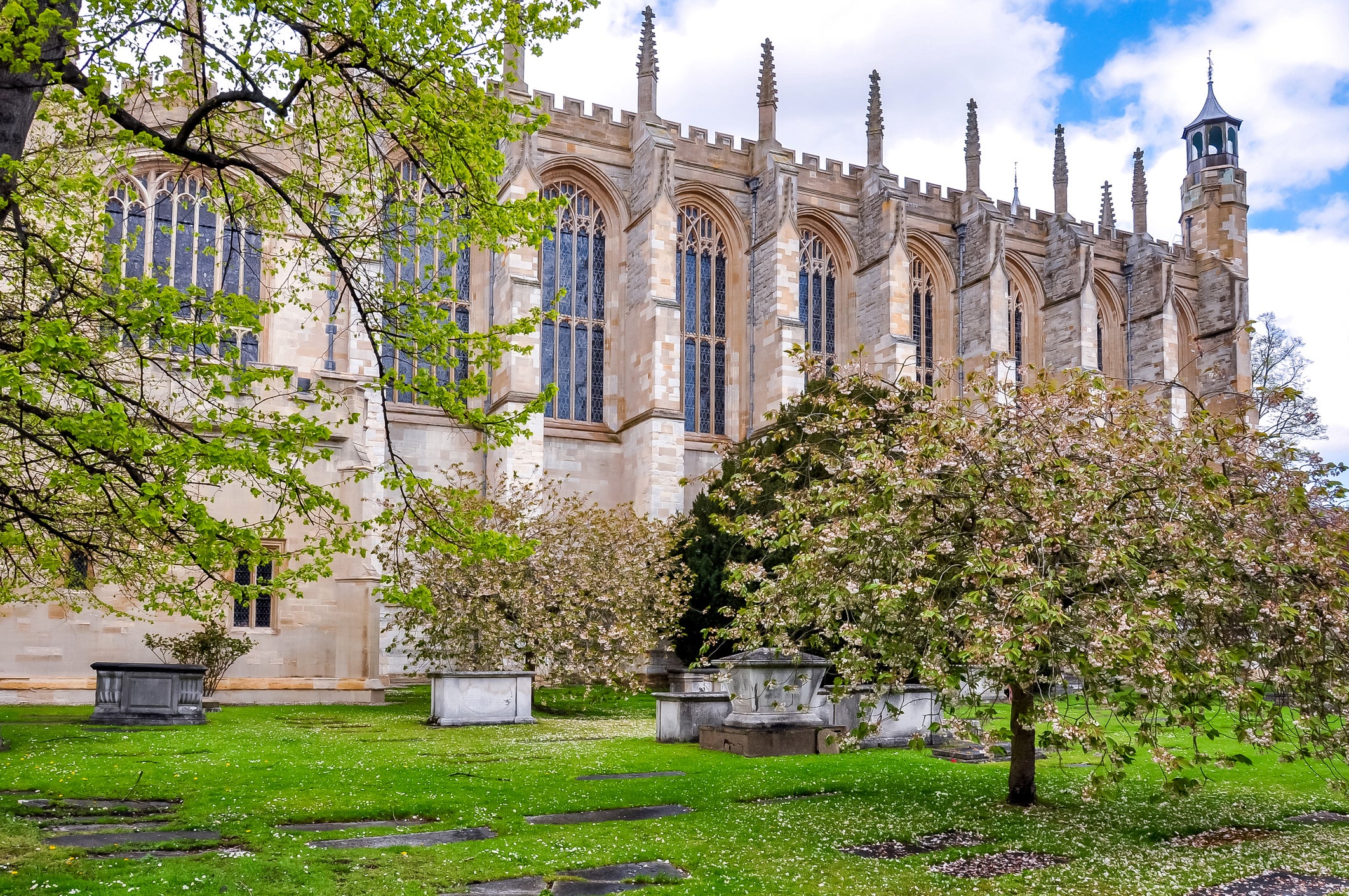
The biggest current rogue is, of course, Boris Johnson, who has done much to “prove” to the public that Etonians are a rum lot. I know I would say this, but that seems unfair to Etonians – I can hear your tiny violins – who, in the main, have very little time for Johnson. After all, it was two of his fellow Old Etonian Conservative parliamentarians, Jesse Norman and Rory Stewart, who were most splenetic about the inadequacy of Johnson’s leadership.
In addition, the school has also been recently beset by some episodes that have shown that all is not quite as tickety-boo as some assume. In November last year, the school had to issue a public apology after some pupils were found to have subjected a group of girls from a nearby state school to misogynistic language, racial slurs and jeering.
Then there was the case of the sacking in 2020 of Will Knowland, an English teacher who refused to remove a video he had posted on YouTube in which he had attacked “radical feminist orthodoxy” and celebrated traditional aspects of masculinity. Etonians, both current and old, were divided by the issue, with those supporting Knowland typically regarding the leadership of the Head Master, Simon Henderson, as being “too woke”. With all these troubles, it is easy to paint a portrait of a school that really isn’t the right place for our future head of state. But this is to ignore three things.
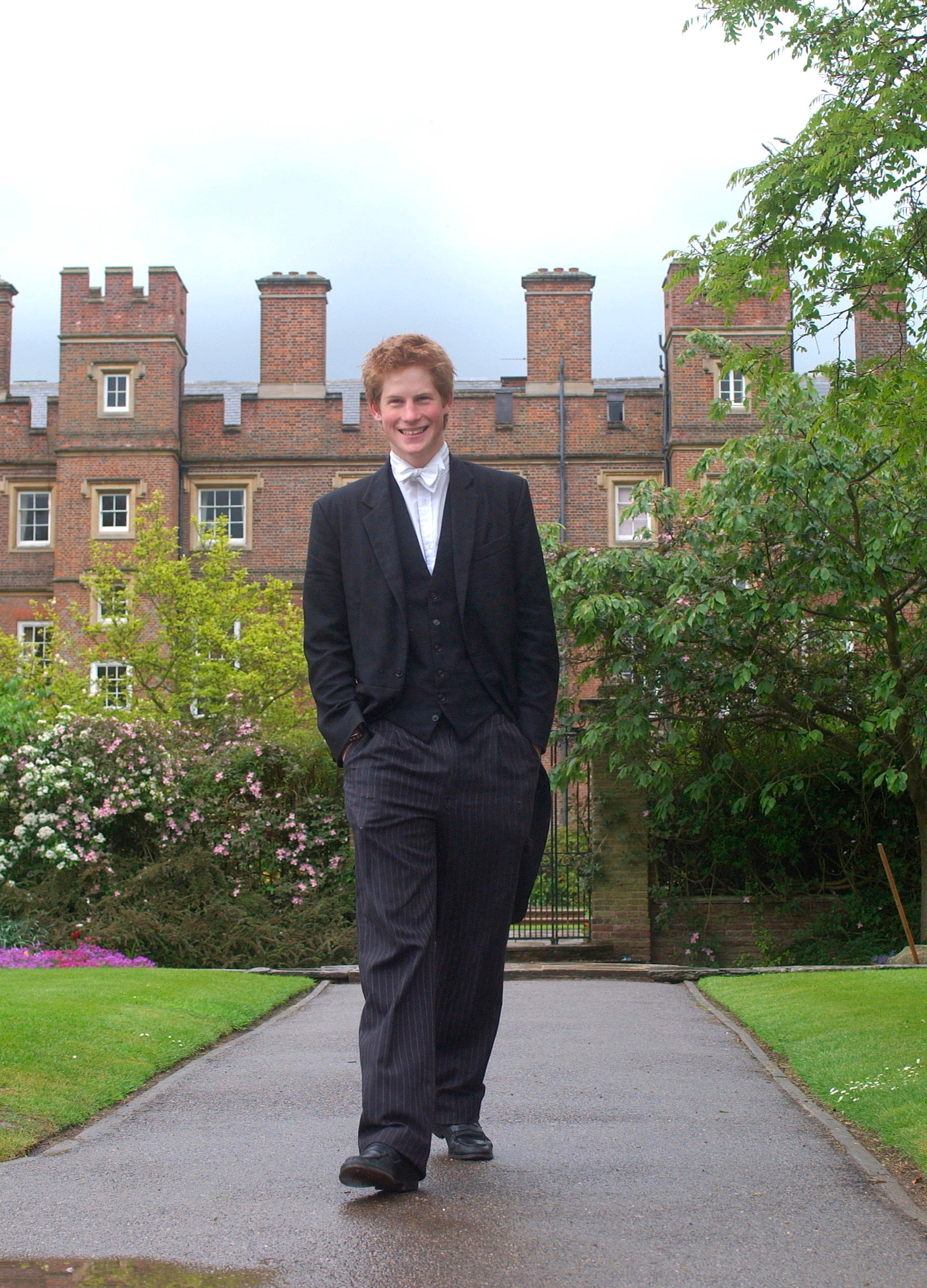
The first is that Eton has never been the natural educational establishment for our monarchs. In fact, no school has, because until Charles went to Gordonstoun, our Kings and Queens were mostly educated by tutors or the Royal Navy. In fact, Eton has educated far more foreign monarchs than homegrown.
Then there is the fact that Eton really is a great school, and there is much about Eton that justifies its worldwide fame. Think of places world renowned for scholastic excellence, and Eton is up there with Harvard, Yale, Oxford and Cambridge. Eton hasn’t just produced dozens of prime ministers, Nobel laureates, famous artists and generals because of their privilege, but largely because it teaches people damn well. The education and facilities are incomparable, and furthermore, the school is also rolling out at least three ‘Eton Star’ sixth forms in Teesside, Oldham and Dudley, and is building a partnership network of some forty schools from the same areas.
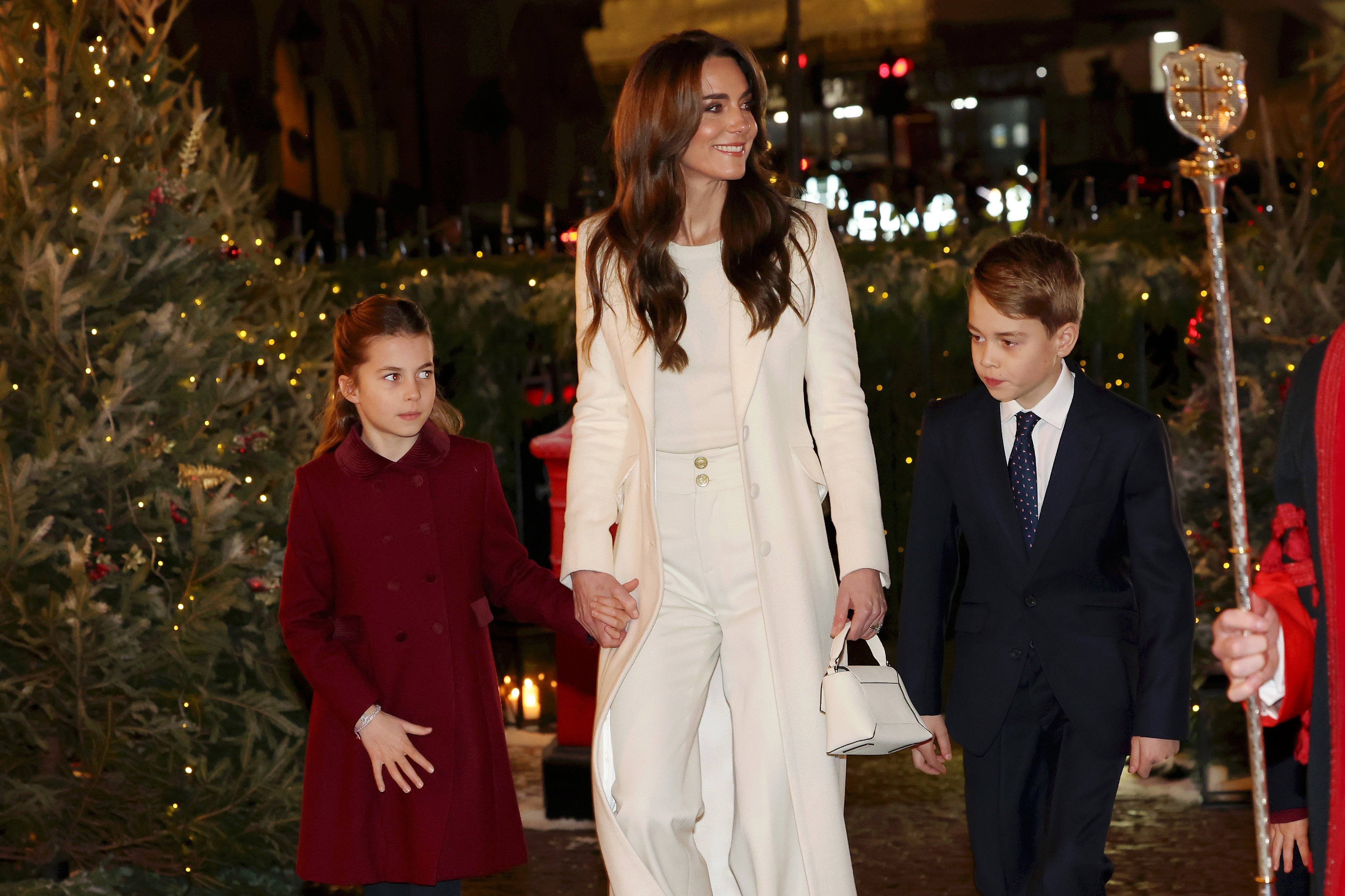
Finally, there is the simple matter that Eton is not co-educational. Like many parents, William and Kate are likely to want their brood to go to the same school. Besides, they may also have the perfectly reasonable wish for their children to be brought up in a mixed environment for the simple reason that life itself is co-ed.
Will Eton itself mind if the royals eschew it for somewhere else? I doubt it. Like all schools, its teachers know that a school is only a good school if it is right for the pupil. Ultimately, it is not about whether Eton is fit for a king, but whether it is right for a young boy called George, for reasons only his parents really know.
Join our commenting forum
Join thought-provoking conversations, follow other Independent readers and see their replies
Comments
Bookmark popover
Removed from bookmarks